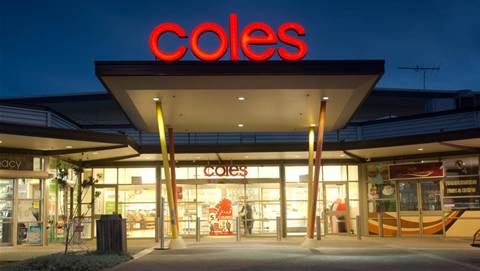Stephen Jones, assistant treasurer and minister for financial services said the consumer data right (CDR) believed it would unlock the value of consumer data, yet has failed to do so.

Speaking during a CEDA (Committee for Economic Development of Australia) event, Jones said, “I want to say from the outset that the Albanese government believes in the right of consumers to access and unlock the value of their data.”
“The CDR was supposed to deliver this. It hasn’t.”
The “unlocking the value of consumers’ data for their benefit” holds three benefits, according to Jones.
“It can drive competition, foster innovation to deliver better goods and services for consumers and streamline time‑consuming processes.”
“Businesses have been quick to recognise the value of consumer data. As they tailor their offerings and market strategies based on the information they receive.
“But consumers haven’t realised the same value yet. Even though they are the ones creating the data source.
“This hinders competition and protects the status quo. It restricts the ability for innovative businesses to create competitive choice for consumers and it leads to worse outcomes for consumers,” Jones explained.
He said there are “promising industry‑led products and use cases” underway, however he added “the design of the CDR established by the previous government is not delivering.”
“It’s a good idea, badly executed.”
Jones explained regulatory burden and compliance costs are too high, lack of innovation, restrictions and consumer take‑up has been low.
“You can’t look at these outcomes and think that if we do more of the same, we’ll get a different outcome – we won’t.”
Jones said an independent review of CDR compliance costs by Heidi Richards revealed data standards growth lacked a commercial focus, transparency and industry teamwork.
“And ‘implementation issues are not given adequate consideration, which have led to impractical changes and unnecessary costs’,” he said.
Jones said the future direction of the CDR will entail increasing uptake and ensuring consumer safety.
“We need to reset. We need to be purposeful and focus our efforts where we know there is consumer benefit.
“The government believes in the CDR and the opportunities it offers to drive greater competition in our economy, protect user data, and foster innovation that benefits consumers.
“Resetting requires commitment from government, which I have outlined today, providing a clear path forward for industry,” Jones said.
Jones said part of the reset will include reducing "the obvious problems that are driving costs and limiting take‑up of the CDR."
"We will change the consent and operational rules to streamline the consent process for consumers. This will enable consumers to provide multiple consents in a single action.
"We will also improve the experience for small businesses," he added.


_(33).jpg&h=140&w=231&c=1&s=0)


_(28).jpg&h=140&w=231&c=1&s=0)





 iTnews Executive Retreat - Security Leaders Edition
iTnews Executive Retreat - Security Leaders Edition
 iTnews Benchmark Awards 2026
iTnews Benchmark Awards 2026
 iTnews Cloud Covered Breakfast Summit
iTnews Cloud Covered Breakfast Summit
 The 2026 iAwards
The 2026 iAwards












_(1).jpg&h=140&w=231&c=1&s=0)



